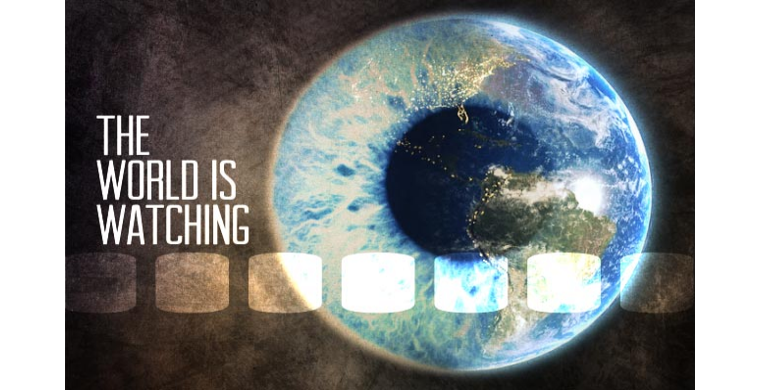A WATCHING WORLD
BY DUANE W.H. ARNOLD
www.virtueonline.org
August 23, 2021
In looking through early church history, it is clear that Christians have responded to numerous pandemics. Indeed, there are some historians who have suggested that the second century Antonine Plague (also known as the Plague of Galen) was a key factor in the early spread of Christianity. The Antonine plague is estimated to have taken the lives of close to a quarter of those within the confines of the Roman Empire. In the midst of illness and death, Christians were noted for their care and nursing of the sick and the respectful burial of those who had died irrespective as to whether or not they were fellow believers.
In responding to such a pandemic, early believers were guided by Christ's commandments, such as "Love your neighbor as yourself" and "Do unto others as you would have them do unto you". In applying the teaching of Christ to a time of pandemic they formulated an ethic which posited that our own life must always be regarded as less important than the life of our neighbor. I believe that this ethic was rooted and grounded in the Incarnation in identification with the one who said, "Greater love has no man than this, that he should lay down his life for his friends." It is worth remembering that the early church considered martyrdom to be a unique sign of the work of the Holy Spirit. To put one's life at risk for the sake of others appears to have been a corollary and extension of this concept.
In the third century, during the so-called Plague of Cyprian, a bishop named Dionysius described the actions of Christians who "Heedless of danger ... took charge of the sick and attended to their every need." Cyprian of Carthage (who described the effects of the plague in sermons) while recognizing the community grief for the victims of the plague, encouraged believers to surpass themselves in their care for the living. For almost a dozen years, from 250-262, a virus closely related to Ebola swept through the empire. While Christians served both the brethren and their pagan neighbors, the Decian persecution was unleashed upon the Church. Still, Christians lived out their ethic which elevated the lives of others above their own. Cyprian himself credited the rapid expansion of the Church at this time to the widely known conduct of believers during this time of plague and persecution.
Their conduct, and their ethic, was personal not political. It was not formulated on the basis of their "rights" but upon their obligation to extend the Incarnation demonstrated in the love of neighbor and counting the lives of others as more important, and of more value, than their own. Moreover, this was expressed not merely by individuals, but by the community of the Church and its leaders. As such, it drew people to the faith... a faith that was demonstrated.
In our current pandemic we have heard much American Christians being persecuted... which, of course, is nonsense.
We have heard much of the assertion of rights... but precious little about obligations.
Most telling, is that rather than hearing of those who are attracted to the Church owing to its singular ethic of love and service, we hear of congregations split over masks, mitigation measures and the vaccine. Some have given up the pastoral office in their church rather than preside over what in many cases has become a political, spiritual and ethical battleground. Some pastors who remain, are afraid to speak, or worse, fuel the flames...
All the while, as in the second and thirds centuries, the world watches and considers our words and actions.
Duane W.H. Arnold, PhD
The Projects














